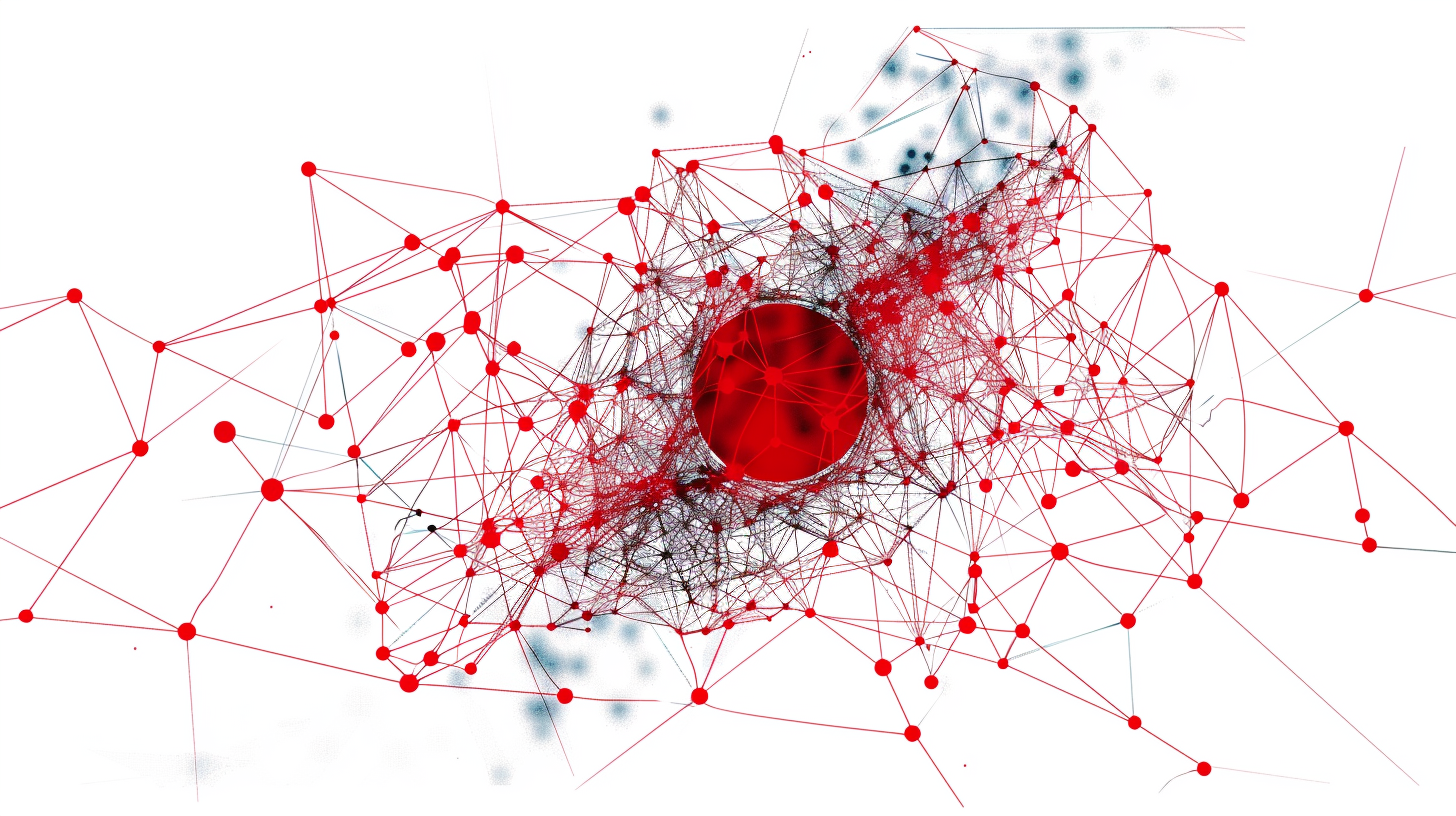Japan's defense ministry releases first AI policy to tackle shrinking population and stay competitive

Key Points
- Japan's Ministry of Defense has unveiled its first AI strategy, outlining seven priorities including target detection, intelligence work, unmanned systems and more efficient deployment of personnel.
- Japan wants to use AI to address personnel shortages caused by an aging population and to keep pace with China and the U.S. in military AI applications, but not to develop fully autonomous lethal weapons.
- The directive warns of risks such as errors and bias in AI, and calls for personnel exchanges with the private sector and a new cyber-skills test for recruits.
Japan's Ministry of Defense released its first basic policy on the use of AI on Tuesday. The goal is to address a personnel shortage and stay competitive with China and the U.S. in military applications of the technology.
The new policy outlines seven priority areas for AI deployment, including detecting and identifying targets using radar and satellite imagery, intelligence work and analysis, and unmanned military systems, the Japan Times reports.
At a press conference, Defense Minister Minoru Kihara said one of Japan's main military challenges is the rapidly shrinking and aging population. Japan sees AI as a way to deploy personnel more efficiently and speed up decision-making.
"We believe that AI has the potential to be one of the technologies that can overcome these challenges," Kihara said.
Other areas of application include command and control, cybersecurity, logistics, and using AI to increase efficiency in administration.
At the same time, Japan wants to be prepared for new forms of warfare involving smart, autonomous weapons systems being developed by other countries.
However, Japan has no plans to develop fully autonomous lethal weapons systems. Humans must always remain in control. "AI supports human judgment, and human involvement in its use should be ensured," the policy states.
The policy also warns of risks such as errors and bias in AI use. The technology should be deployed considering government guidelines for AI use and ongoing discussions on risk mitigation in the international community and with other countries' defense agencies.
Kihara also announced a new test to develop cybersecurity skills of land force recruits. An exchange of personnel with the private sector is also planned.
AI News Without the Hype – Curated by Humans
As a THE DECODER subscriber, you get ad-free reading, our weekly AI newsletter, the exclusive "AI Radar" Frontier Report 6× per year, access to comments, and our complete archive.
Subscribe now